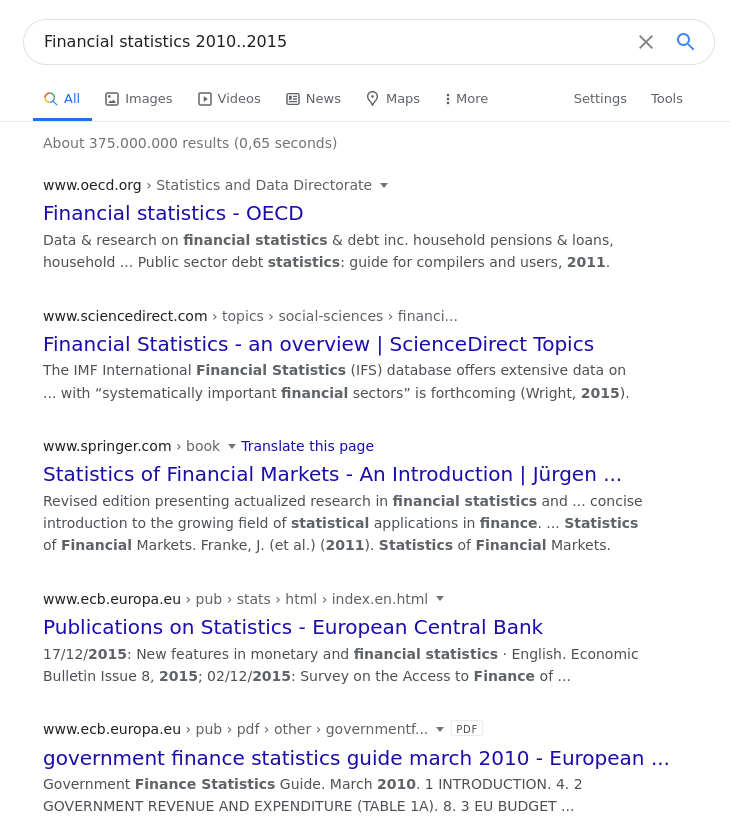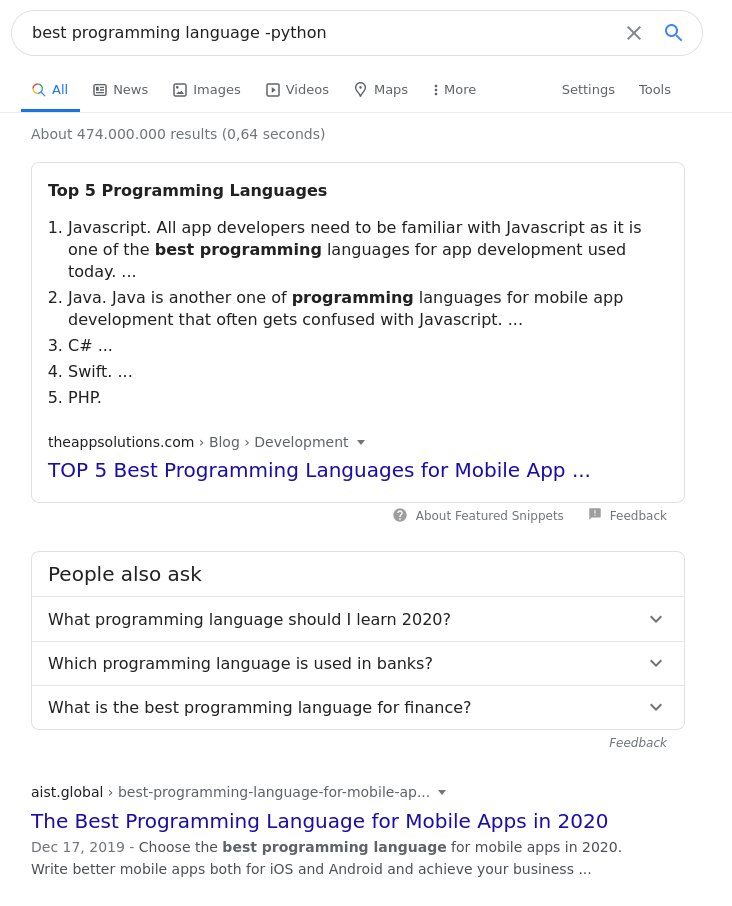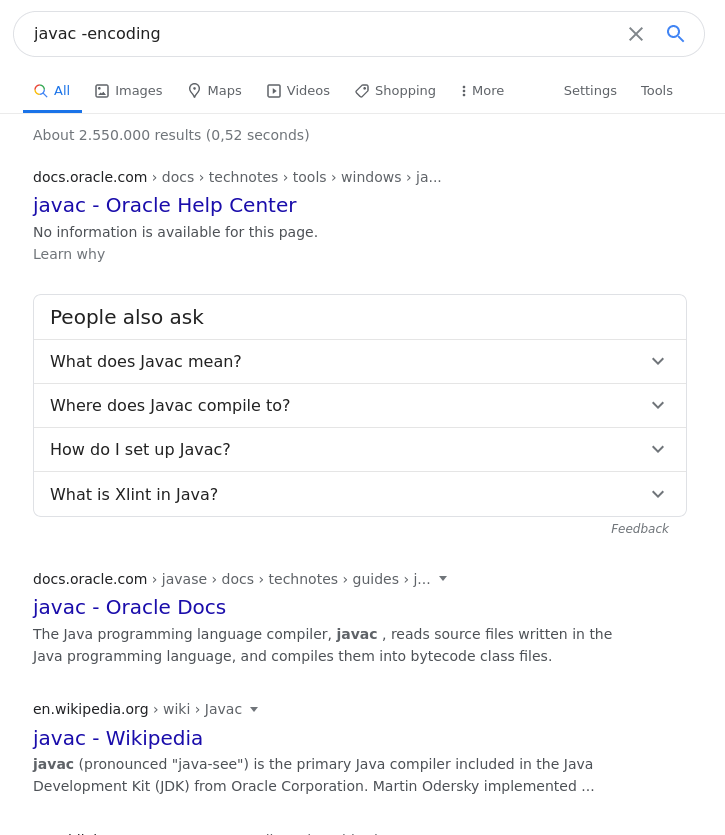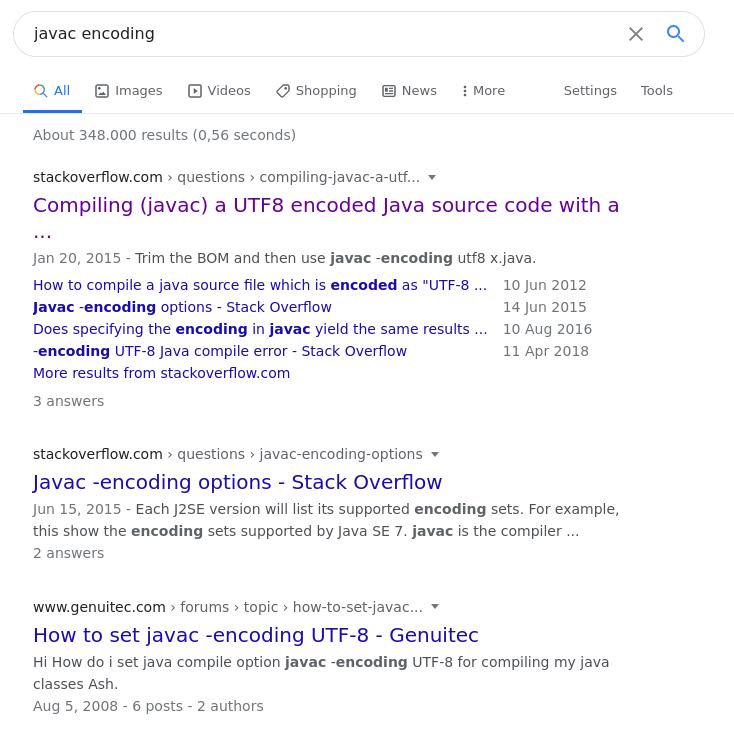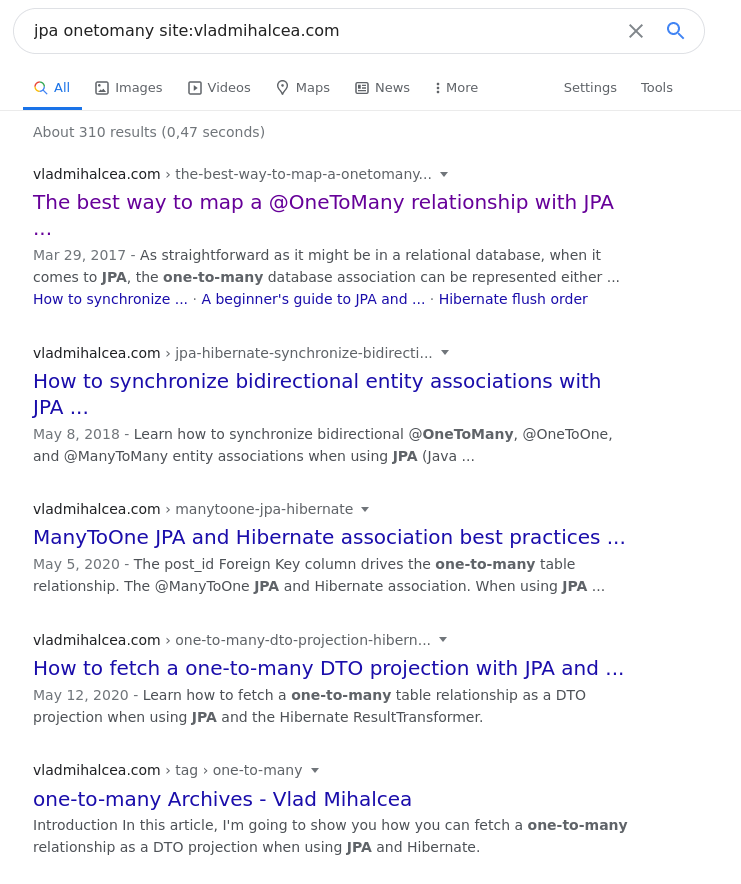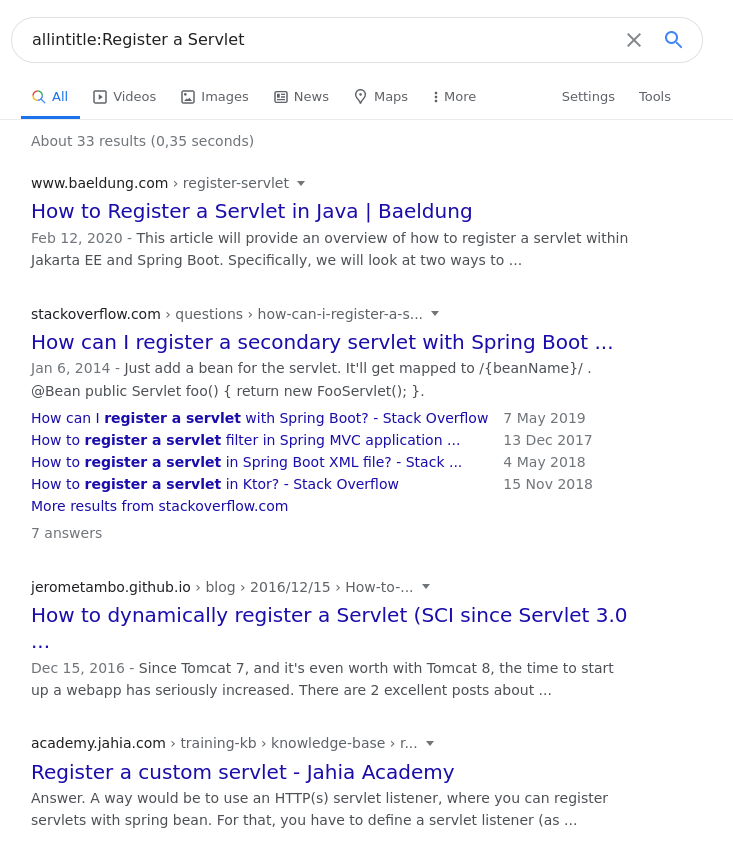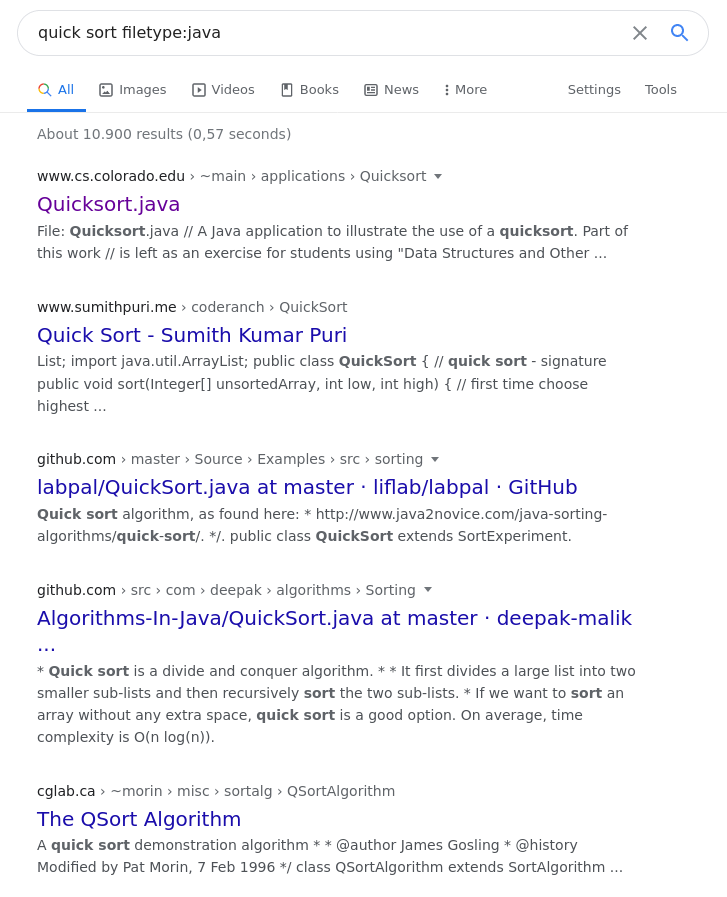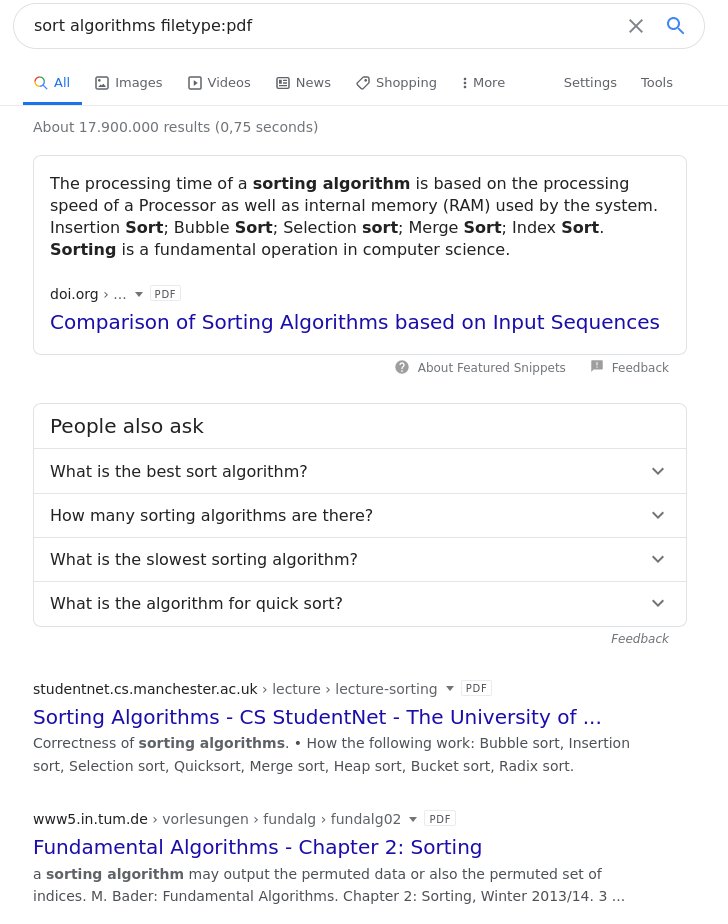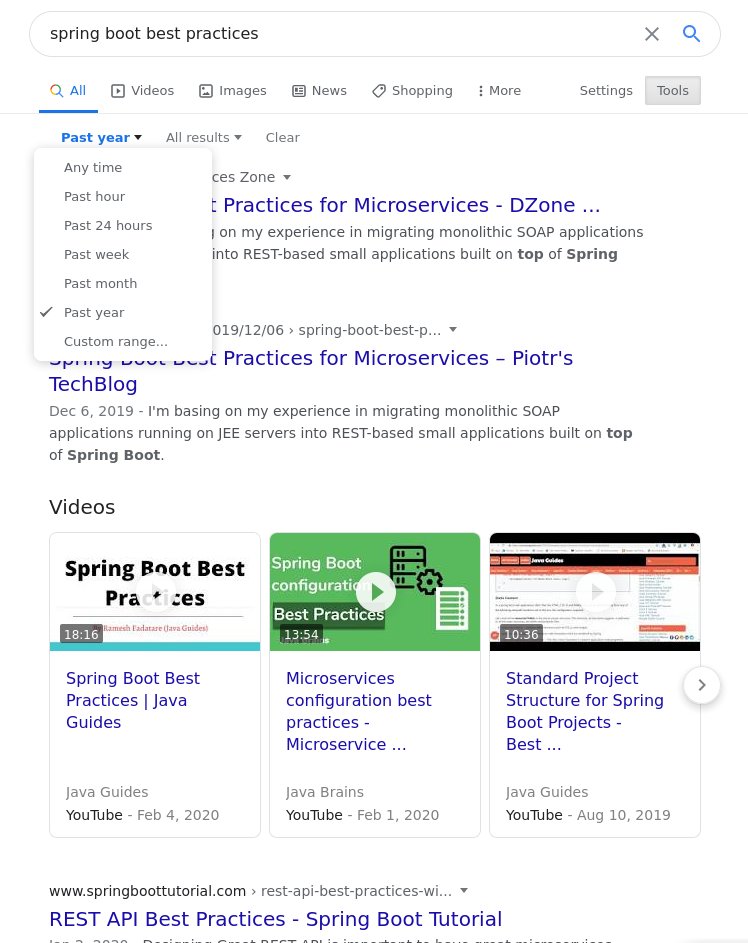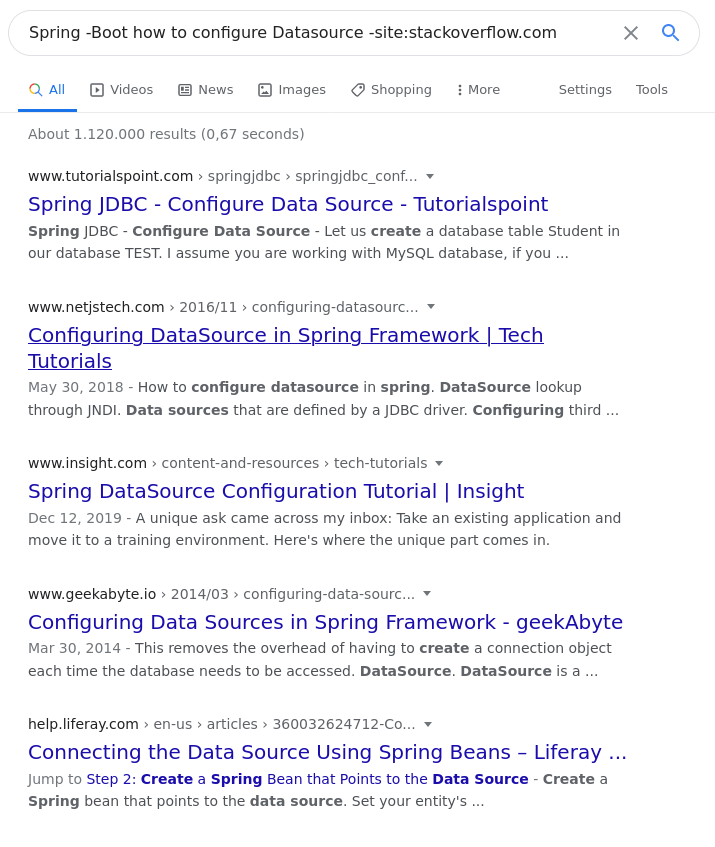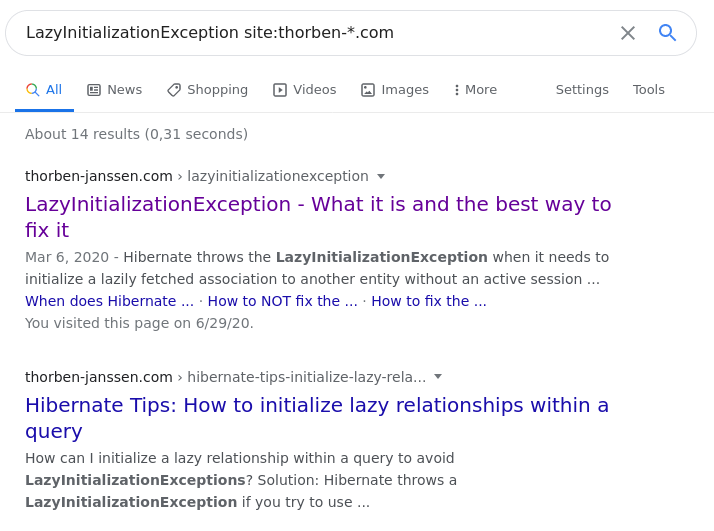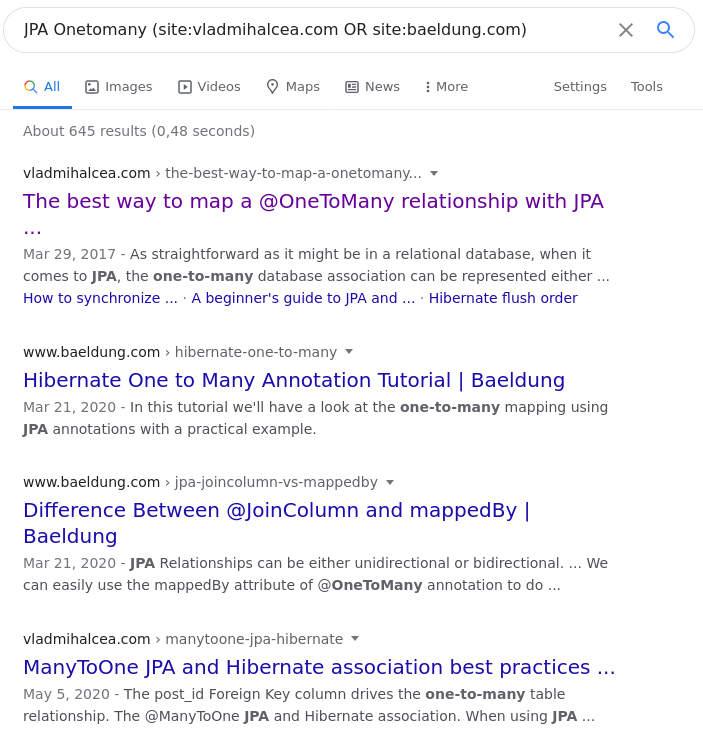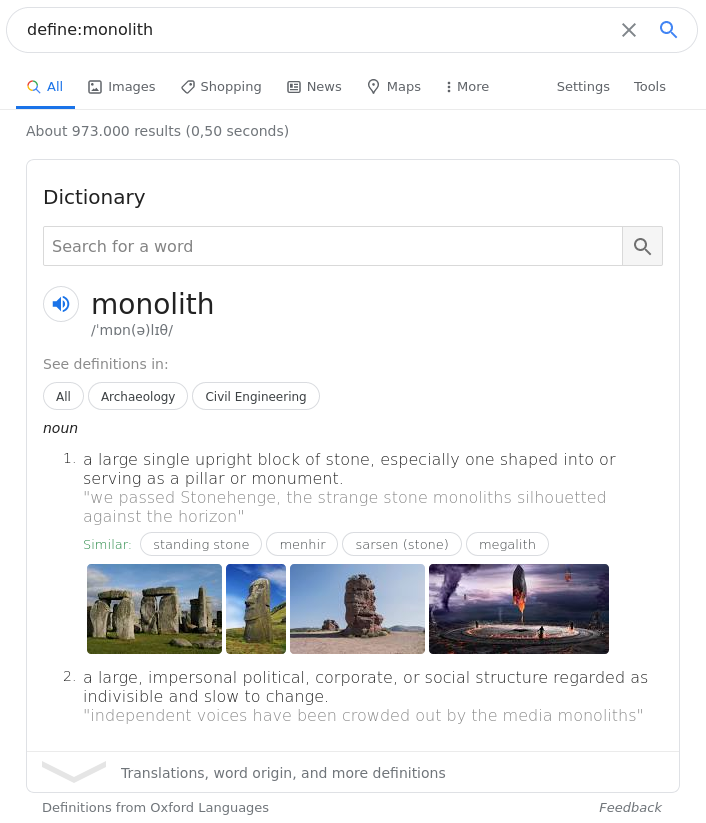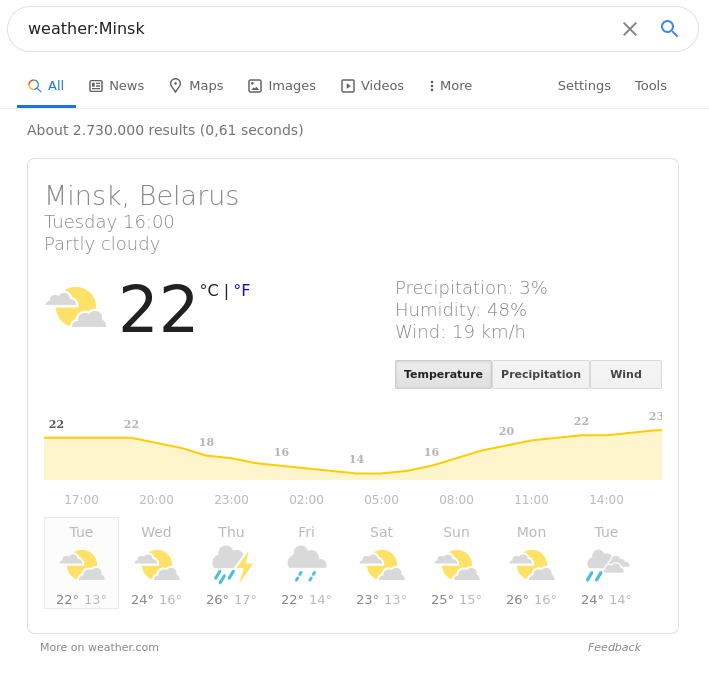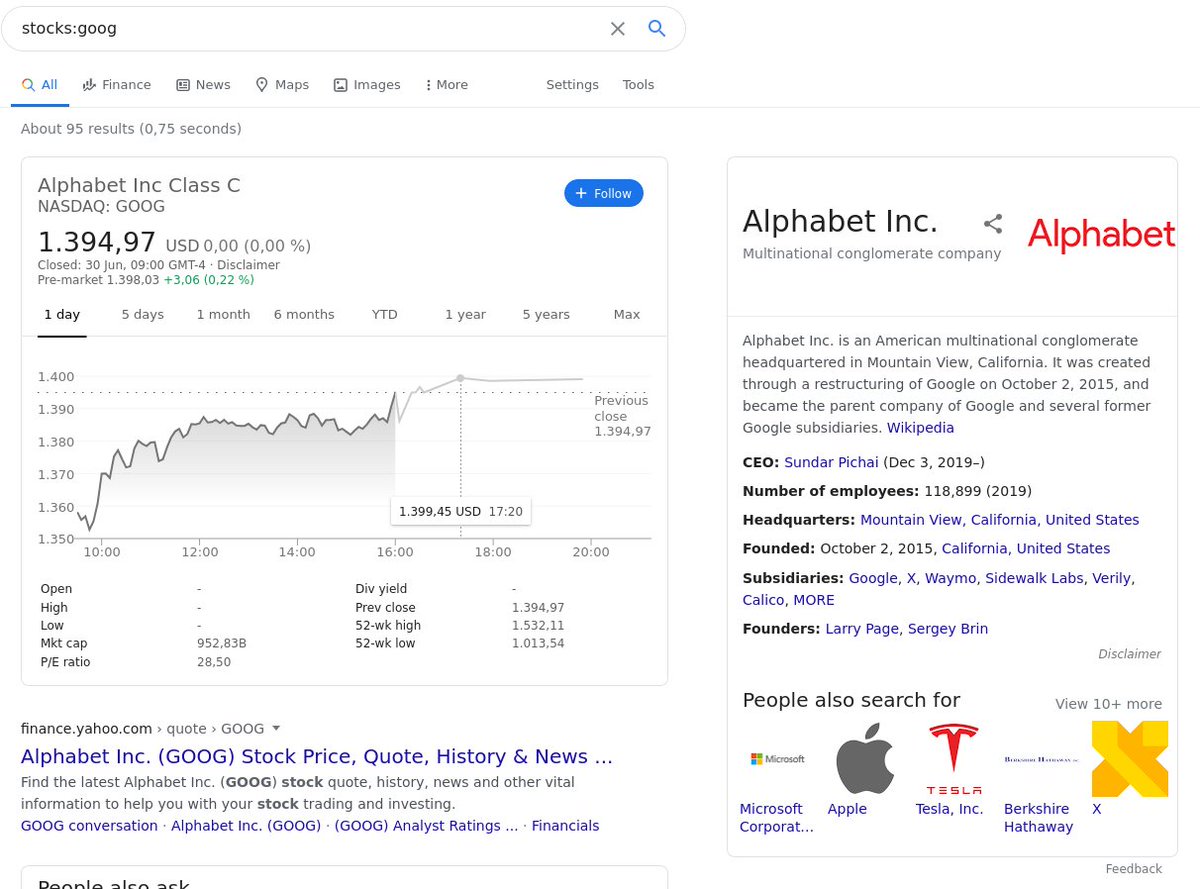Often Software Developers are also called Professional Googlers. This means that we need to be really proficient in it. So this thread will provide you with tips and tricks which help you to become #10xengineer in Googling. Let& #39;s start  https://abs.twimg.com/emoji/v2/... draggable="false" alt="➡️" title="Pfeil nach rechts" aria-label="Emoji: Pfeil nach rechts">
https://abs.twimg.com/emoji/v2/... draggable="false" alt="➡️" title="Pfeil nach rechts" aria-label="Emoji: Pfeil nach rechts"> https://abs.twimg.com/emoji/v2/... draggable="false" alt="➡️" title="Pfeil nach rechts" aria-label="Emoji: Pfeil nach rechts">
https://abs.twimg.com/emoji/v2/... draggable="false" alt="➡️" title="Pfeil nach rechts" aria-label="Emoji: Pfeil nach rechts"> https://abs.twimg.com/emoji/v2/... draggable="false" alt="➡️" title="Pfeil nach rechts" aria-label="Emoji: Pfeil nach rechts">
https://abs.twimg.com/emoji/v2/... draggable="false" alt="➡️" title="Pfeil nach rechts" aria-label="Emoji: Pfeil nach rechts">
1. Use quotes for "exact match" searches. Often when you search for a particular error message try searching with quotes first to get your results faster. Very helpful when you need to understand error or warning messages in logs.
2. Use & #39;*& #39; in as a wildcard. Use case: when searching for errors messages replace parts specific to your code(folder or package names). Also helpful you want to find a song, but remember only some words then replace the unknown part with & #39;*& #39;.  https://abs.twimg.com/emoji/v2/... draggable="false" alt="🎶" title="Mehrere Musiknoten" aria-label="Emoji: Mehrere Musiknoten">
https://abs.twimg.com/emoji/v2/... draggable="false" alt="🎶" title="Mehrere Musiknoten" aria-label="Emoji: Mehrere Musiknoten">
3. You can limit your search to include some numerical ranges by specifying range like & #39;2010..2015.
4. Use a hyphen & #39;-& #39; to exclude results containing a specific word(s). For example, compare results for & #39;best programming language& #39; and & #39;best programming language -python& #39;.
5. Due to the above feature, you can get unexpected results when googling for the meaning of some CLI arguments. E.g. when you search for an explanation of & #39;javac -encoding& #39; google will actually exclude pages relevant for you. Check these 2 results:
6. Use "site:" to limit results to single sile. You know that all questions are already answered on "site: http://stackoverflow.com"> http://stackoverflow.com ", but JPA specific topics are covered on "site: http://vladmihalcea.com"> http://vladmihalcea.com " by @vlad_mihalcea. Limit your search to it.
7. Use "intitle:" for a single word and "allintitle:" for all words to search in titles only. When you remember the title of the page, but can& #39;t really find it try limiting the search to titles only.
8. Use "filetype:" to search in files with a specific extension. E.g. you want to find a
Quicksort implementation in #Java or comparison of sort algorithms in PDF format. More about Filetypes: https://en.wikipedia.org/wiki/List_of_filename_extensions">https://en.wikipedia.org/wiki/List...
Quicksort implementation in #Java or comparison of sort algorithms in PDF format. More about Filetypes: https://en.wikipedia.org/wiki/List_of_filename_extensions">https://en.wikipedia.org/wiki/List...
9. Use & #39;Tools& #39; for filtering results. Tech is moving so fast and especially @springboot, so you want to avoid reading outdated text and only get fresh info. click Tools -> And select max-age or even custom date range for your search results, e.g. & #39;Past Year& #39;.
10. "inurl:" and "allurl:" to search in URL string only. Use case: Find sites using a particular script by URL patterns. Really often used by black hats to find sites vulnerable for certain exploits. E.g. sites using @WordPress & #39;inurl:/wp-login/& #39;
11. "cache:url" to find google cached version of the page. Use case: page is not available, banned for some stupid reasons by corporate IT or edited, but you want to find content it had before. +Helps when the page is slow. Example search term: & #39;cache: https://www.baeldung.com/register-servlet& #39;">https://www.baeldung.com/register-...
12. All these  https://abs.twimg.com/emoji/v2/... draggable="false" alt="⬆️" title="Pfeil nach oben" aria-label="Emoji: Pfeil nach oben"> magic tricks are stackable, which means that you can use them together in almost any combination. Several not really trivial examples posted below.
https://abs.twimg.com/emoji/v2/... draggable="false" alt="⬆️" title="Pfeil nach oben" aria-label="Emoji: Pfeil nach oben"> magic tricks are stackable, which means that you can use them together in almost any combination. Several not really trivial examples posted below.
12.1 You use @springframework, but not @springboot and you want to find an article about how to configure Datasource. You need an article and not a @StackOverflow thread. Your search term: & #39;Spring -Boot how to configure Datasource -site: http://stackoverflow.com"> http://stackoverflow.com & #39;
12.2 & #39;*& #39; can replace one or more words in any part of the search term. E.g. to find the article about LazyInitializationException written by @thjanssen123 on his site, but don& #39;t remember site domain. Then use the following term: & #39;LazyInitializationException site:thorben-*.com& #39;
13. (parentheses). Putting part of the search term in between parentheses groups it away from the rest of your query. It& #39;s really similar to how we use them in our programmer& #39;s world.
14. OR operator between search term parts. Use case: you are searching for some JPA topic, but want to limit to best sources for this topic ever: @vlad_mihalcea and @baeldung. Use OR and parentheses: & #39;JPA onetomany (site: http://vladmihalcea.com"> http://vladmihalcea.com OR site: http://baeldung.com"> http://baeldung.com )& #39;
15. Now "instant search" features, when google returns info right in search result page:
& #39;define:& #39; - get the definition of any word
& #39;weather:& #39; - weather by city, country, postal code
& #39;stocks:& #39; - stock’s share price, its recent trend, graph
& #39;movie:& #39; - all possible movie info
& #39;define:& #39; - get the definition of any word
& #39;weather:& #39; - weather by city, country, postal code
& #39;stocks:& #39; - stock’s share price, its recent trend, graph
& #39;movie:& #39; - all possible movie info

 Read on Twitter
Read on Twitter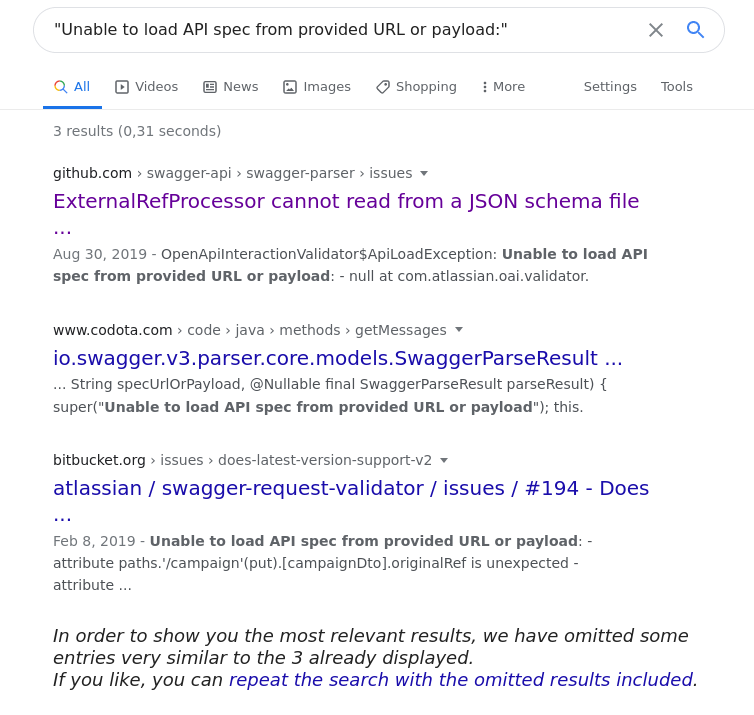
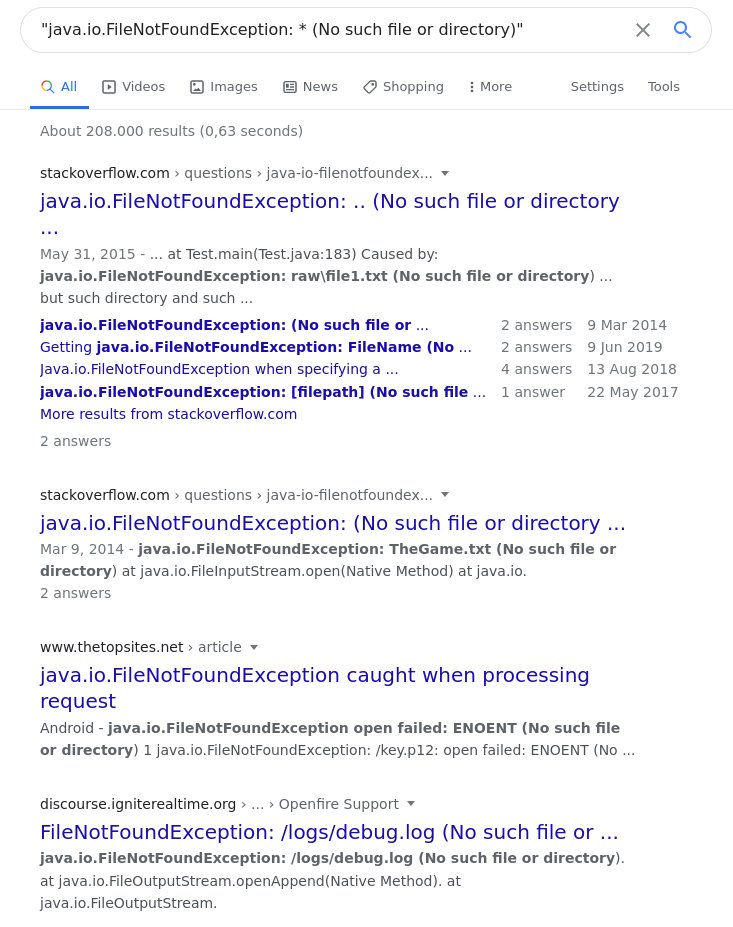 " title="2. Use & #39;*& #39; in as a wildcard. Use case: when searching for errors messages replace parts specific to your code(folder or package names). Also helpful you want to find a song, but remember only some words then replace the unknown part with & #39;*& #39;. https://abs.twimg.com/emoji/v2/... draggable="false" alt="🎶" title="Mehrere Musiknoten" aria-label="Emoji: Mehrere Musiknoten">">
" title="2. Use & #39;*& #39; in as a wildcard. Use case: when searching for errors messages replace parts specific to your code(folder or package names). Also helpful you want to find a song, but remember only some words then replace the unknown part with & #39;*& #39;. https://abs.twimg.com/emoji/v2/... draggable="false" alt="🎶" title="Mehrere Musiknoten" aria-label="Emoji: Mehrere Musiknoten">">
 " title="2. Use & #39;*& #39; in as a wildcard. Use case: when searching for errors messages replace parts specific to your code(folder or package names). Also helpful you want to find a song, but remember only some words then replace the unknown part with & #39;*& #39;. https://abs.twimg.com/emoji/v2/... draggable="false" alt="🎶" title="Mehrere Musiknoten" aria-label="Emoji: Mehrere Musiknoten">">
" title="2. Use & #39;*& #39; in as a wildcard. Use case: when searching for errors messages replace parts specific to your code(folder or package names). Also helpful you want to find a song, but remember only some words then replace the unknown part with & #39;*& #39;. https://abs.twimg.com/emoji/v2/... draggable="false" alt="🎶" title="Mehrere Musiknoten" aria-label="Emoji: Mehrere Musiknoten">">

